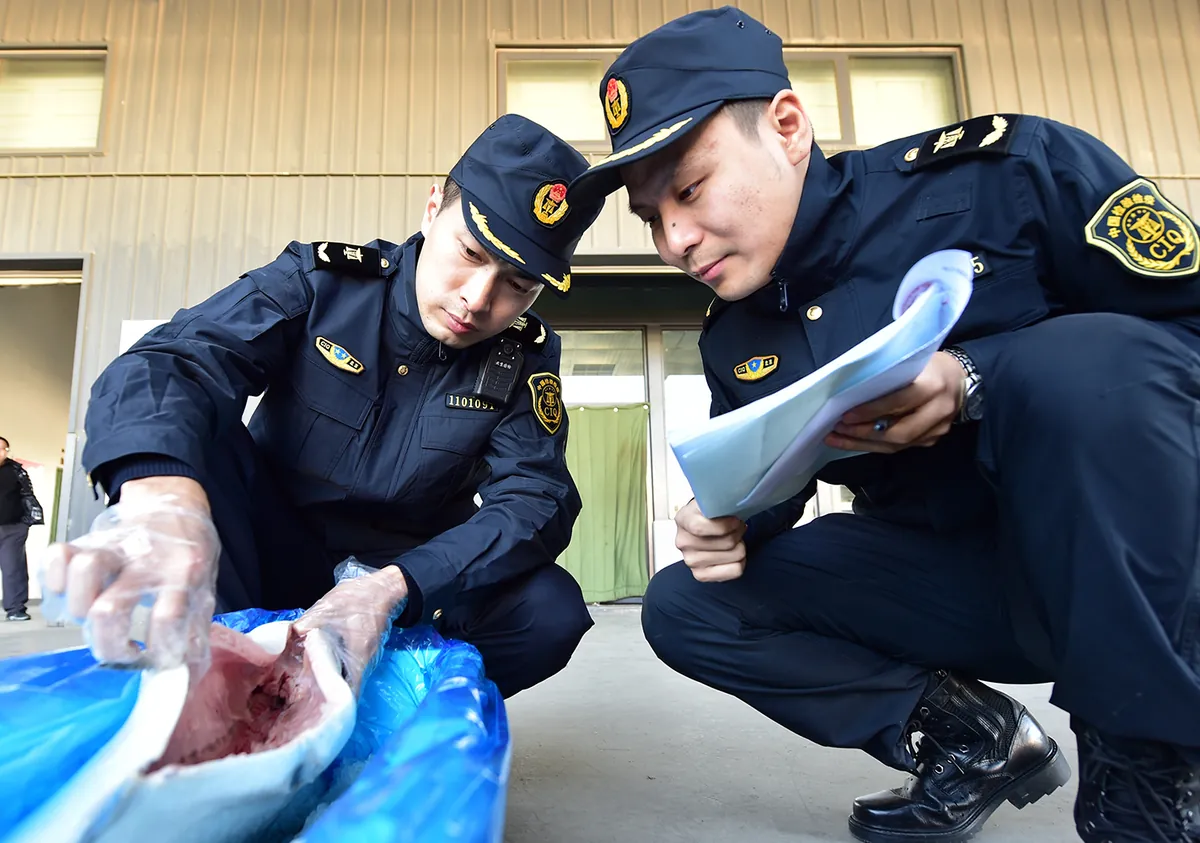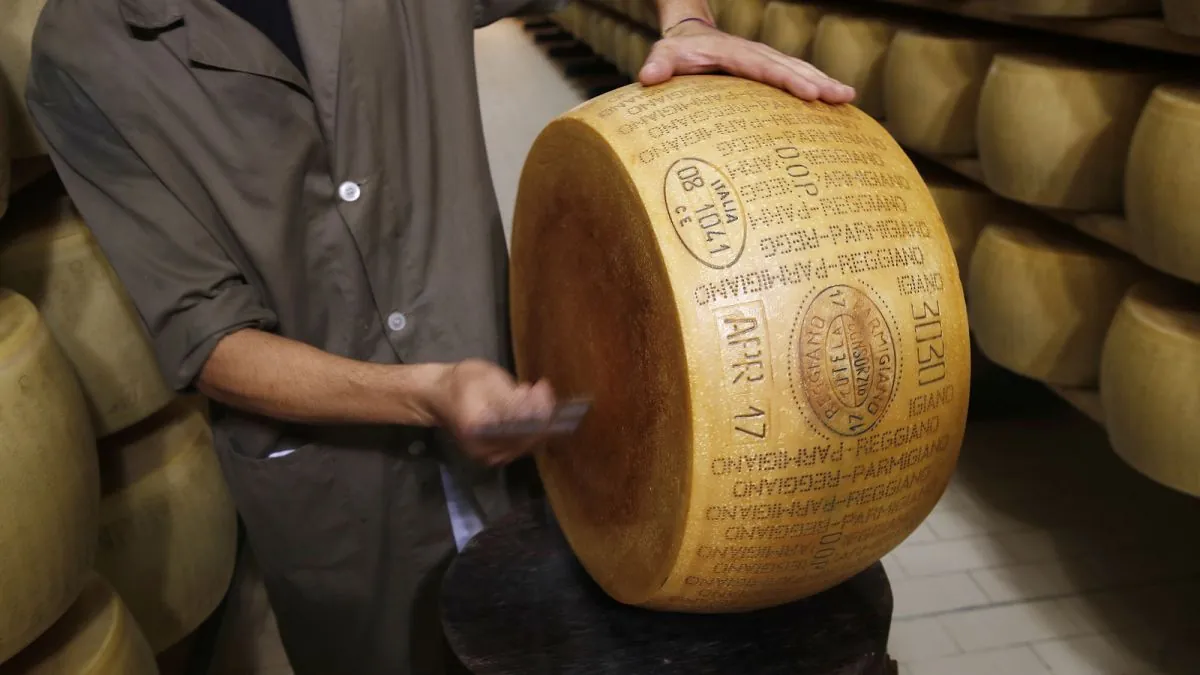China Probes EU Dairy Imports Amid Electric Vehicle Tariff Dispute
China initiates anti-subsidy investigation into EU dairy products following revised EV tariffs. The move highlights escalating trade tensions between the two economic powerhouses.

In a recent development highlighting escalating trade tensions, China has initiated an anti-subsidy investigation into dairy imports from the European Union (EU). This action, announced on August 23, 2024, comes just one day after the EU revised its tariff plan for Chinese electric vehicles (EVs).
The Chinese probe targets cheese, milk, and cream products intended for human consumption. This move follows the EU's adjustment of proposed punitive duties on Chinese EV imports, reducing them from an initial 37.6% to 36.3%. Prior to this revision, Beijing had urged Brussels to abandon these tariffs entirely.

The European Union Chamber of Commerce in China commented on the situation, stating:
"Regrettably, the use of trade defence instruments by one government is increasingly being responded to seemingly in kind by the recipient government. Therefore, in view of the European Commission disclosing the definitive findings of its probe into BEVs from China, China's decision to launch an anti-subsidy probe should not be considered a surprise."
The Chamber added that it would monitor the investigation closely and expressed hope for a fair and transparent process. They also expect affected member companies to cooperate fully with the inquiry.
This trade dispute underscores the complex economic relationship between China and the EU. The EU, as the world's largest exporter of dairy products, faces scrutiny in China, the world's largest dairy importer. Simultaneously, China's dominant position in the global EV market, which it has held since 2015, is being challenged by EU tariffs.
The situation reflects broader trade tensions between these economic powerhouses. Since China joined the World Trade Organization in 2001, trade relations have become increasingly intricate. The EU has been pushing for greater market access in China for its automotive industry, while China has set ambitious targets for EV adoption as part of its environmental policies.
This dairy investigation also highlights the global significance of both sectors involved. The dairy industry is a major contributor to greenhouse gas emissions, while the EV market is crucial for reducing carbon footprints. The EU's "Green Deal" and China's environmental policies both aim to address these issues, adding another layer of complexity to their trade relations.
As this situation unfolds, both parties will likely seek resolution through established international trade frameworks. The outcome of this dispute could have far-reaching implications for global trade patterns and environmental policies in the automotive and dairy sectors.


































